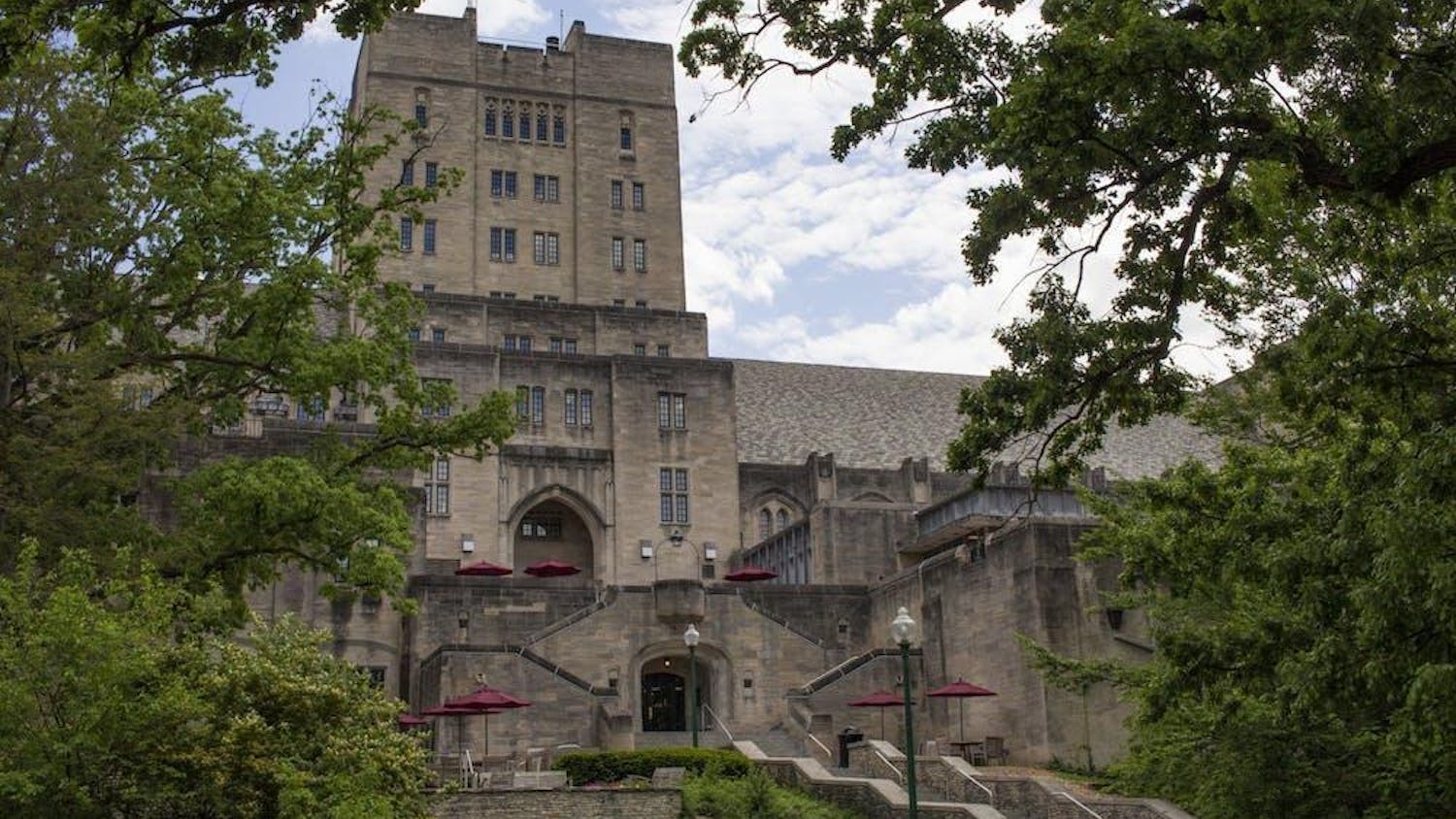Japanese animation, musical theater, enigmatology (the study of puzzles), contemporary dance and fashion design are just some of the unconventional majors that students can pursue through the Individualized Major Program. \nSince its inception at IU in 1969, the IMP has enabled students in the College of Arts and Sciences to construct their own major based on their interests and professional goals. The students are not only able to construct their major, but can also construct the listing of the courses they take throughout their college careers.\nRaymond Hedin, IMP program director for the past nine years, said he believes the program enables students the freedom to explore areas of interest that are not traditionally found in the IU curriculum. \n"The IMP serves a double function: making it possible for students to create for themselves majors that don't exist, and may never exist institutionally, and serving as a proving ground for new majors that then become institutionalized," Hedin said. \nEach potential member of the IMP has to go through the application process. In this process the students are asked to write an application explaining the major they want to go into and the reason IMP will be able to help them with this major. The students are then interviewed by the staff and are accepted on the merit of their interest and validity of the major of their choice.\nJackie Brown, a Japanese animation major in the IMP program, was recommended for the IMP by her academic adviser because she wasn't content with her secondary art major. Brown said she felt the general art major was not exactly what she was interested in. \n"I told my adviser how much I really wanted to animate," Brown said. "She told me that I could create my own major. I thought, 'No way!'"\nAs Brown looked into the IMP and her major in Japanese animation, she became more excited as she was able to explore and construct the courses she would be taking. She was able to model Japanese culture and learned about computer programs in animation through telecommunications courses. \n"Techniques of Japanese animation as well as the culture that is presented in it are obviously different than other countries in so many ways," Brown said. "I want to learn and create my own animations that will stay true to the real Japan, not the stereotypical Japan."\nThe IMP also helps students gain experience in the workforce through internships available through the program. \nAbbey Stemler is a member of the IMP student activities committee and is responsible for coordinating and attending student events for the program. She said she believes the IMP gives students a step in the right direction in achieving success in their endeavors. \n"You can receive grants to complete internships or research for your senior project," Stemler said. "For example underwater archeology majors could go to Rome and dive, or music business majors could go to Nashville (Tenn.) The possibilities are endless."\nStudents like Brown in the program are responsible for completing a final project that is evaluated by an IMP faculty committee. The project encompasses the knowledge they have accumulated in the major of their creation.\n"The project can be a research paper akin to an honors thesis, a creative project such as a dance performance, a collection of stories or a film, or an internship in their field, so long as the internship includes professional responsibilities," Hedin said.\nThe program has gained much acclaim from the students and faculty who are part of it. \n"I give mad applause to the IMP program, and everyone who works for it," Brown said. "The IMP program allowed me to study a subject in-depth that I would not be able to study elsewhere."\nWhile the program poses challenges to many who enter into it, Hedin said the students who go through the program are well on their way to successful careers.\n"The experience can be initially daunting, since students must put in quite a bit of effort and thought up-front," he said. "But the great majority of students feel that the effort is worthwhile because they come out of the program with a degree that means a great deal to them"
Students develop individualized majors
Get stories like this in your inbox
Subscribe





